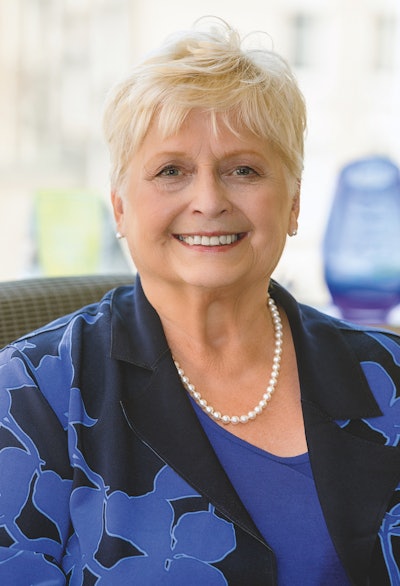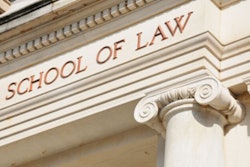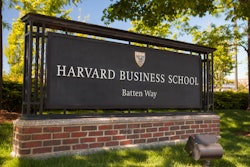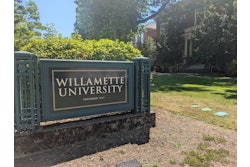
In a statement, Geske described restorative justice as “a powerful, peace means for addressing conflict, promoting healing, and facilitating problem solving that differs from current mediation practices.” Until 1998, Geske had been a justice of the Wisconsin Supreme Court before teaching restorative justice to students for about twenty years. Prior to her retirement at Marquette, Geske directed the Law School’s Restorative Justice Initiative.
“It has been my dream to have a permanent restorative justice program at Marquette Law School,” she said. “As a judge and attorney, I experienced both the successes of our criminal justice system as well as its failures in bringing restoration to victims and communities harmed by crime. I left the bench because I wanted to help better address the needs of those who have been harmed and marginalized in society.”
The Center will build upon Geske’s work, training law students in how to use restorative justice at local, national, and international levels. Restorative justice often involves lawyers, judges, or other professionals who engage in a guided civil dialogue to address conflict, promote healing, and facilitate problem solving. Such dialogues can be between the victim, the victim’s family members, the offender, and other members of the impacted community.
“I am most excited that this gift will enable us to continue Janine’s restorative justice work in a robust way and thereby help give our students a broad sense of what the possibilities are for lawyers in not just the legal system per se but in serving the community generally,” said Joseph D. Kearney, dean of Marquette Law School and a professor of law.
He noted that recent years have drawn greater attention to how a crime harms not only the victims but surrounding communities. A restorative justice approach aims to mend these ripple effects alongside or separate from the formal processes of the legal system.
“This is not intended in most instances to be an alternative to traditional criminal law or a way for people who have committed a substantial wrong to get a lesser consequence for their action by making a face-to-face apology,” said Kearney.
















